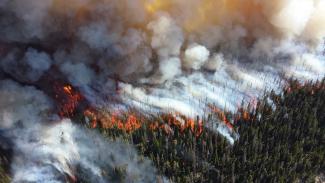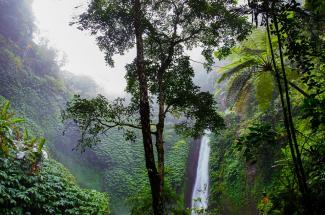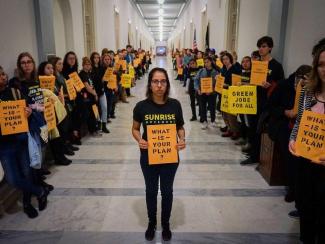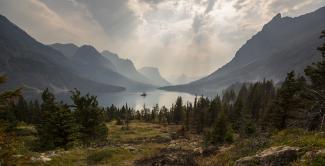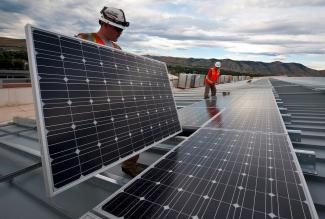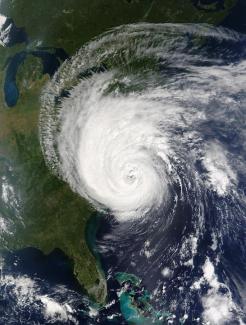INECE Launches Compliance Conversations
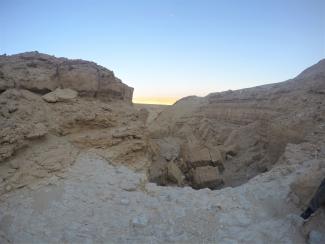
The global community of agencies and NGOs working in the field of environmental compliance and enforcement has grown substantially in recent years, yet many practitioners remain isolated from others working in the field.
As our understanding of the underlying drivers of environmental compliance and non-compliance deepens, a need arises for creative and unconventional collaboration tools. The recently released UN First Global Report on the Environmental Rule of Law examining the current status of environmental laws highlights...

